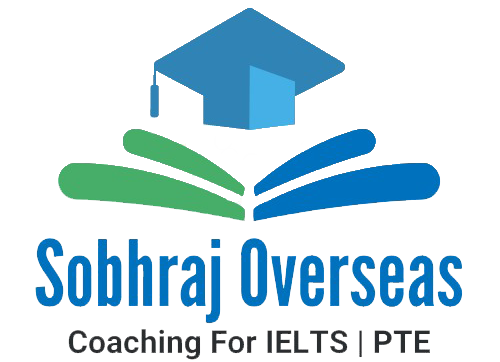What we offer:
- We offer both online and offline classes
- Our offline and online IELTS classes in Panipat have a 95% pass rate
- Our online classes are time-flexible and taught by experienced industry experts
- We have level-specific group batches, including Noob, Regular, and Pro batches
- We offer one-to-one classes for personalized attention
- Our crash courses are designed for students with tight schedules
- We have IELTS evening batches to accommodate those with day jobs
- We provide multiple mock tests to help our students assess their progress
- We offer a comprehensive demo session to prospective students
We are committed to helping our students understand the complexities of the IELTS test and achieve their desired score on the first attempt. Contact us today to learn more about our IELTS classes and book your demo session.
CD IELTS and Paper-based IELTS patterns
The IELTS exam pattern in 2023 in India consists of four sections that assess the language proficiency of the candidate.
For CD IELTS: The four sections are LRW and Speaking:
Listening: 30 minutes (plus 10 minutes for transferring answers)
Reading: 60 minutes
Writing: 60 minutes
Speaking: 11-14 minutes
The listening, reading, and writing sections are conducted in one sitting, with no breaks in between.
The speaking section is conducted on a different day, usually within a week before or after the other sections.
For Paper-based IELTS: The four sections are WRL and Speaking.
Writing: 60 minutes
Reading: 60 minutes
Listening: 30 minutes (plus 10 minutes for transferring answers)
Speaking: 11-14 minutes
The writing, reading and listening sections are conducted in one sitting, with no breaks in between.
The speaking section is conducted on a different day, usually within a week before or after the other sections.
The entire test takes approximately 2 hours and 45 minutes to complete, and the maximum score is 9 bands. The IELTS exam is widely accepted by educational institutions, governments, and employers as proof of English language proficiency.

